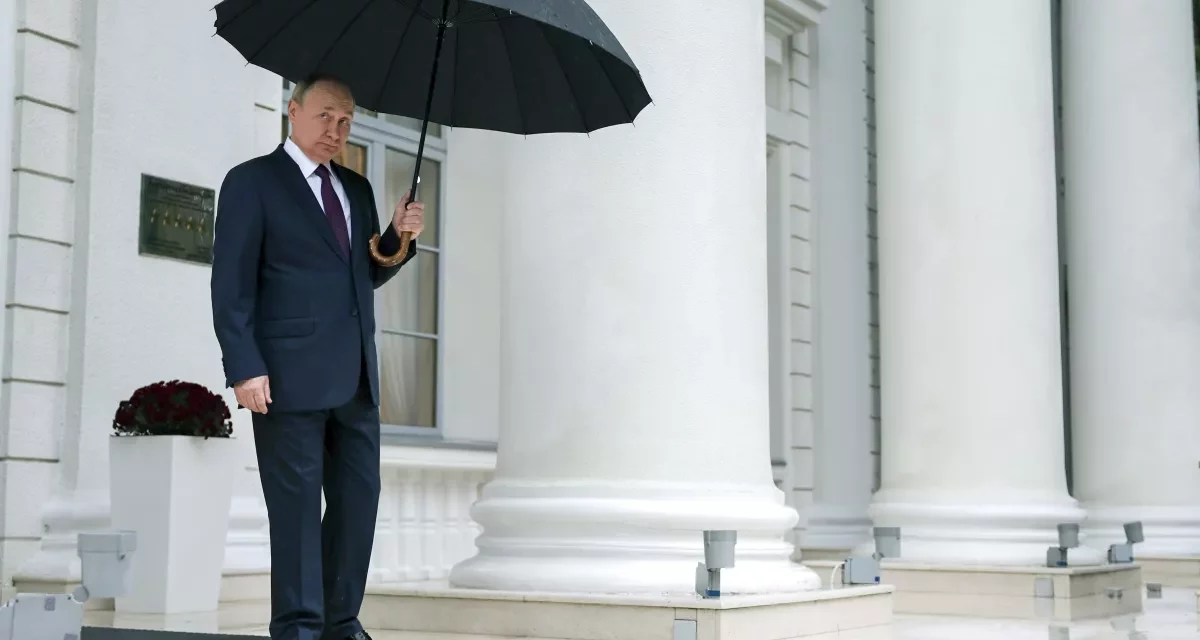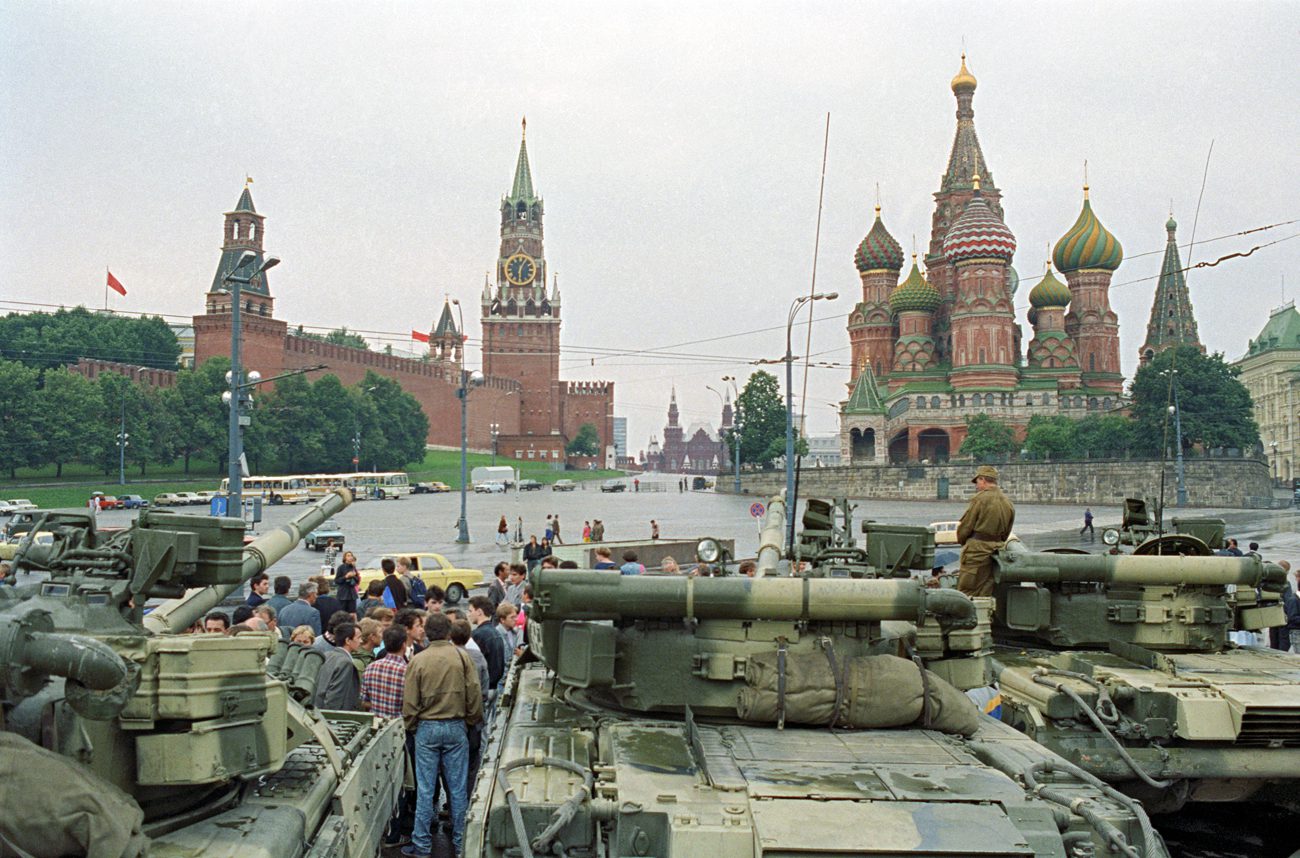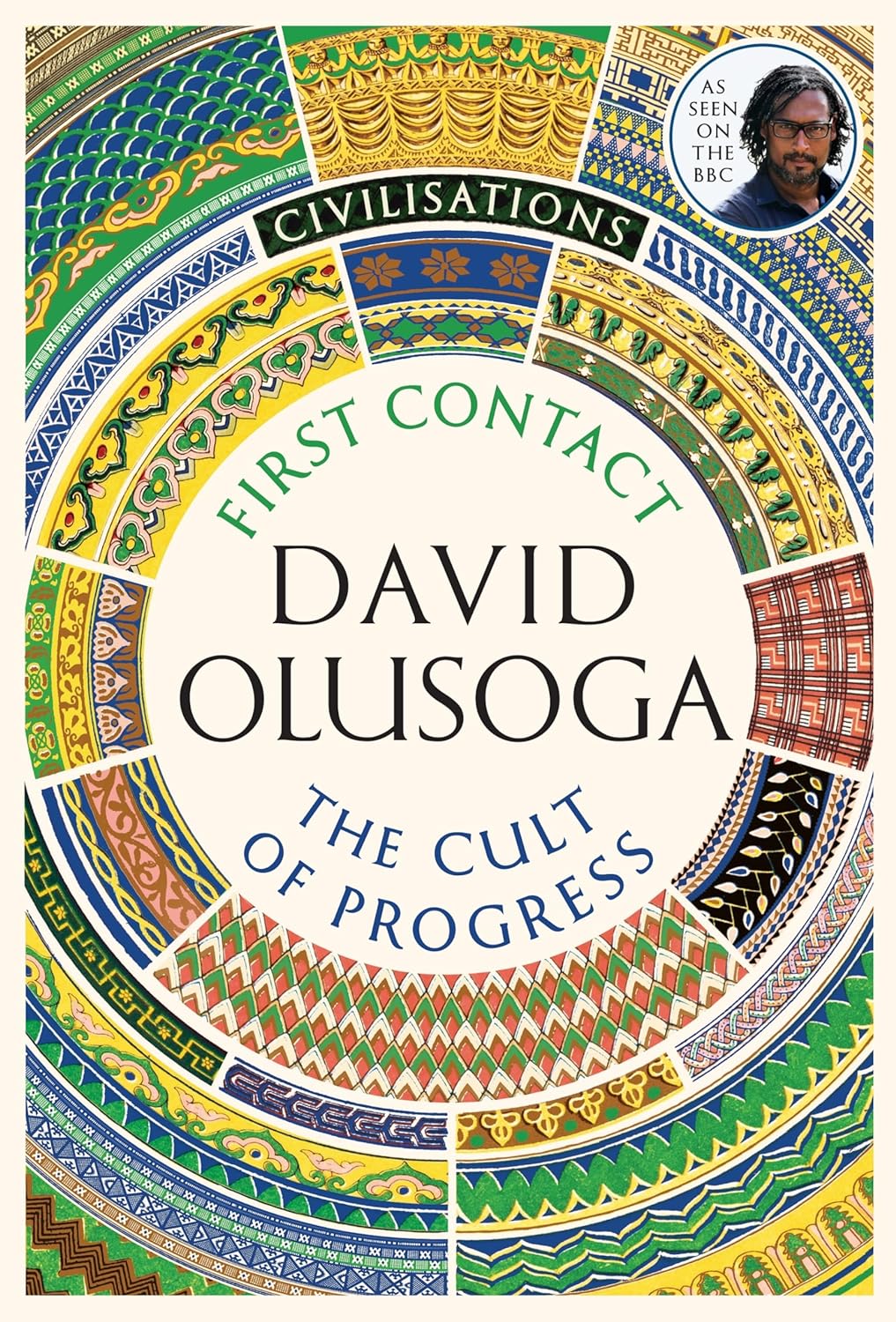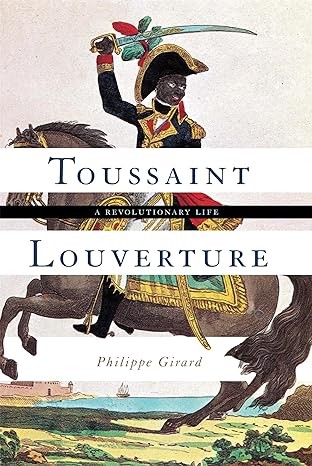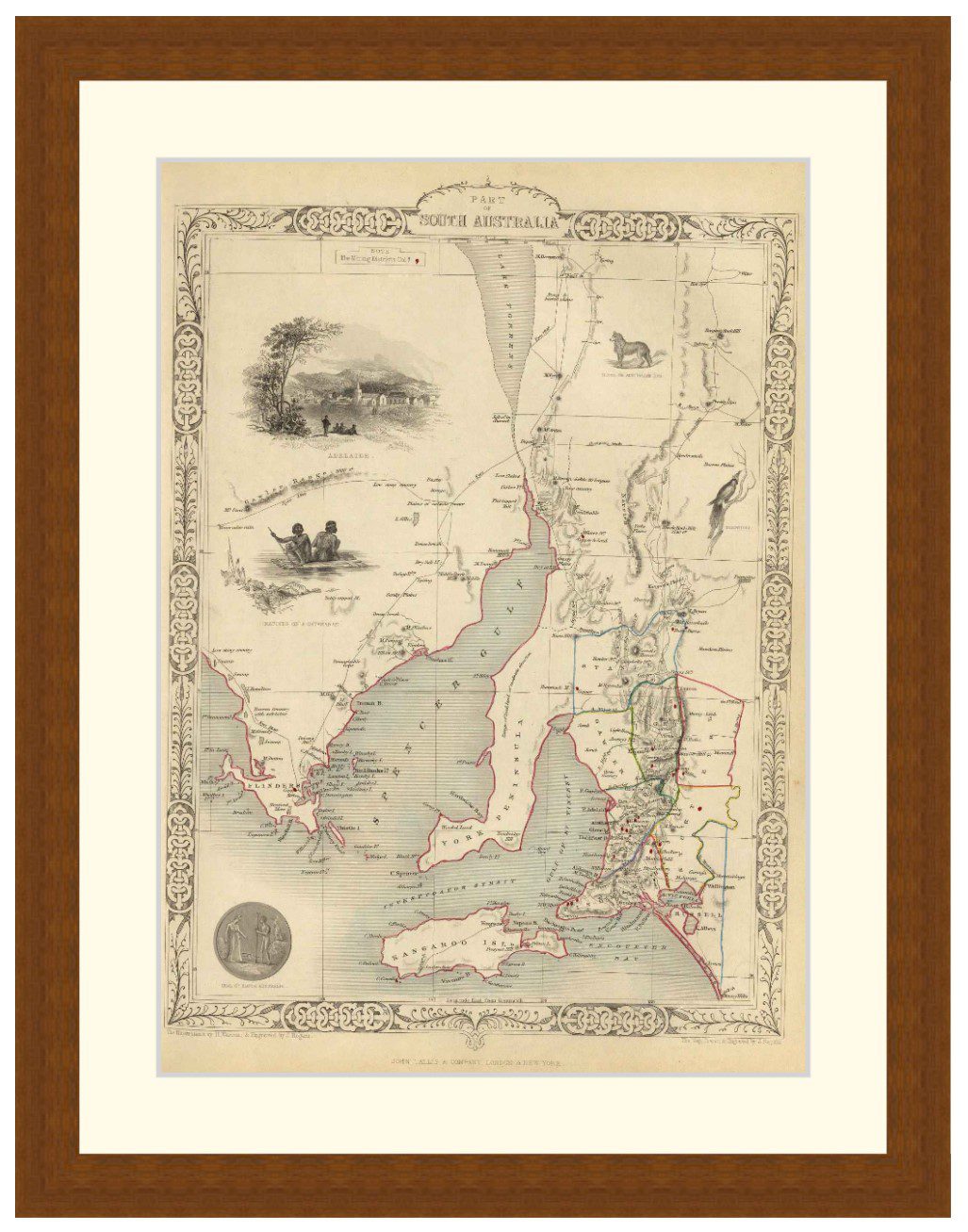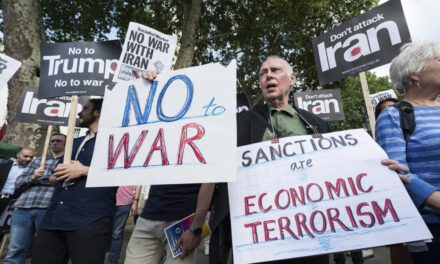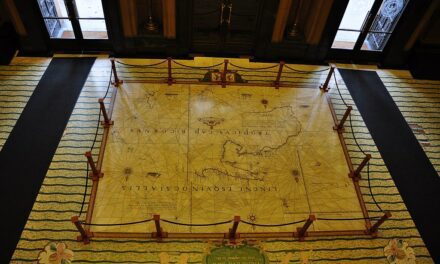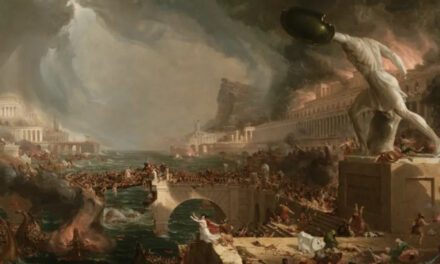Reading time: 8 minutes
In 1989, a policy wonk in the US State Department wrote a paper for the right-leaning international relations magazine The National Interest entitled “The End of History?”. His name was Francis Fukuyama, and the paper stirred such interest – and caused such controversy – that he was soon contracted to expand his 18-page article into a book. He did so in 1992: The End of History and the Last Man. The rest, they say, is (the end of) history.
By Chris Fleming, Western Sydney University
Fukuyama became one of those academics whose work was cribbed to a shorthand: The End of History. It is, no doubt, a memorable and dramatic phrase – but it is as unclear as it is striking.
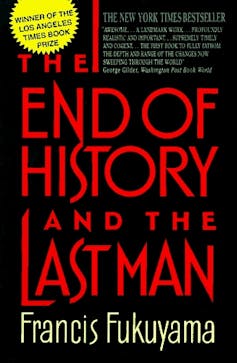
Put very simply, by “the end of history,” Fukuyama did not mean that we had reached a stage where nothing else would occur of historical significance – that all problems had been solved and politics would now be smooth-sailing.
His argument was that the unfolding of history had revealed – albeit in fits and starts – the ideal form of political organisation: liberal democratic states tied to market economies. (Or to put it in Churchillian language, the least-worst form.)
Fukuyama’s use of the word “history” here is best approximated by synonyms in sociology such as “modernisation” or “development”.
He wasn’t saying those states that claimed to be liberal democracies lived up to this ideal, nor that such a political organisation resolved all possible problems – merely that liberal democracy, with all its flaws, was the unsurpassable ideal.
For him, a liberal democratic state requires three things. First, it is democratic, not only in the sense of allowing elections, but in the outcomes of these elections resulting in the implementation of the will of the citizenry. Secondly, the state possesses sufficient strength and authority to enforce its laws and administer services. Thirdly, the state – and its highest representatives – is itself constrained by law. Its leaders are not above the law.
In a recent article in The Atlantic, Fukuyama, now a senior fellow and professor at Stanford University, appeared to stand firm on his central idea. He argued that those states which have eschewed liberal democracy and proclaimed it dead or dying – particularly Russia and China – remain vulnerable in two specific ways.
Firstly, he argues, their reliance on a single leader or small leadership group at the top virtually guarantees bad decision-making over the long-term. Secondly, the absence of public participation in any political processes means the support for such leaders is inherently volatile, liable to evaporate at any moment.
A debt to Hegel and others
The phrase “the end of history” was not, in fact, coined by Fukuyama. It bears a history, and philosophical currency tracing back to the German philosopher Georg Wilhelm Friedrich Hegel (1770-1831) (who coined the term) and his modern interpreters Karl Marx (1818-1883) and the Russian-born French philosopher and statesman Alexandre Kojève (1902-1968). Understanding it requires an understanding of these thinkers.
Hegel had argued that history has a telos or goal – an end point – equivalent to the emergence of a perfectly rational and just state. That state would guarantee the liberty necessary for the full development of all human capacities. At the same time, it would exist in a state of perpetual peace with other – similarly configured – states.
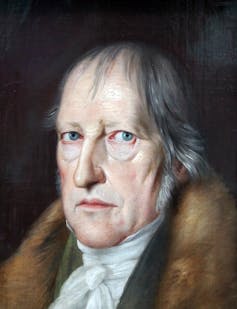
Hegel – according to Kojève – had witnessed this end of history (or at least the beginning of such an end) with the French Revolution and its universalisation of the ideas of equality and liberty.
Fukuyama judged Kojève correct: the French republic had not been bettered, despite many fascistic and communist attempts to make it so. It is not necessarily that the ideals of the revolution were all realised perfectly (as if the Reign of Terror served as vindication of liberalism) but that – as ideals – they had manifested themselves decisively, shown their force, and since proved unsurpassable.
For Fukuyama, Hegel’s misfortune was to be thought of by many 20th-century intellectuals as a mere precursor to Marx, for whom the fate of a society – and an “end of history” – was not determined by its ideas, but by its material organisation.
For Marx, the resolution of historical development would take the form of global communism. This would mean the end of the exploitation of man by man, the dissolution of private property, the resolution of all antitheses between mental and physical labour, the emergence of a system in which each individual would contribute “according to his ability,” and consume “according to his needs”.
But by the end of the 1980s, Fukuyama – along with a host of others – began to suspect we weren’t going to see a Marxist “end of history” after all. The Russian Communist Party, under Mikhail Gorbachev, was moving towards a series of reforms: a “reconstruction” (Perestroika) pushing for greater openness and transparency (Glasnost) and even the expansion of profit-seeking and commercialisation within the confines of a planned economy.
These democratising and liberalising reforms – a response to the totalitarian impulses and long-term economic stagnation of the Eastern Bloc – both delayed and precipitated the collapse of the Soviet Union in late 1991.
Limitations
Many have accused Fukuyama of a Whiggish tendency towards reifying and valorising a particular model of government – the United States specifically – as somehow embodying the perfect form of the modern state.
But this critique, commonly held, is largely misplaced. Fukuyama has pointed out repeatedly the failures of the US, the misguided collapsing of liberalism with neoliberalism, and – more recently – the populist nationalism of the Republican Party, which he sees as catastrophic and of a piece with parallel developments in, for instance, Tayyip Erdōgan’s Turkey and Viktor Orbán’s Hungary.
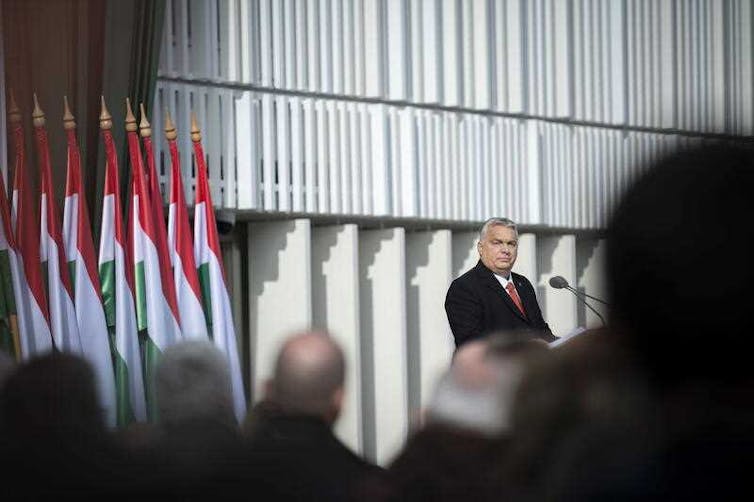
His thesis, therefore, concerning “the end of history” is not so much that this form of political organisation has been realised, but that, as an idea, it is one upon which we cannot improve. And maybe he is right about this. But the devil, as always, is in the details – and Fukuyama seems to sometimes pass over those in silence.
He acknowledges, for instance, but has provided scant recommendation on how to resolve, the inherent tension between the strength of liberal democratic states and the freedoms of their citizens.
A strong state will be one which is able to enforce its mandate – but how is this enforcement to be squared with the liberties of the individuals that comprise its citizenry?
Here Fukuyama counsels “balance”. We may be given to wonder not only what to weigh, but what metric might be used. Furthermore, issues about “details” may run deeper than merely the question of policy resolutions to address such fundamental tensions; much of Fukuyama’s best-known work work favours the general over specifics.
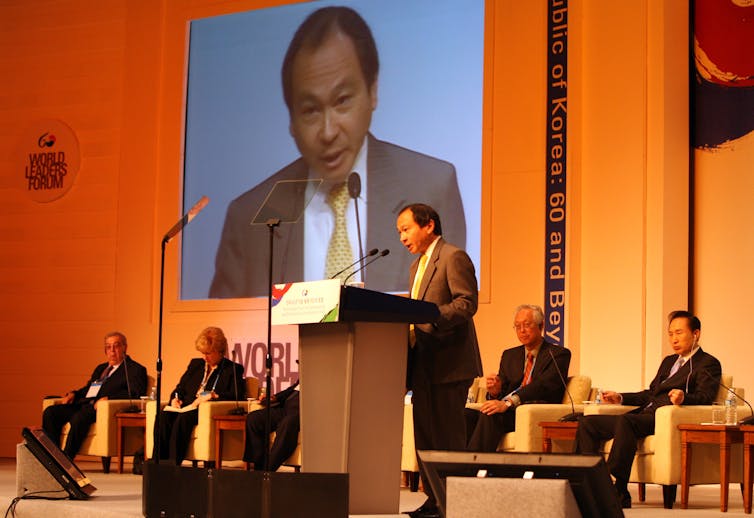
This may be no coincidence, given the German idealist framework out of which his thesis was originally couched. Both Hegel and Marx have been accused of a “totalising” vision in which the dirty historical details – of stateless people, show trials and pogroms, the human casualties of both liberal and illiberal “state building” – are swept to the side in the name of universal tales of progress.
It is important to point out that the liberal democratic state Fukuyama praises is one which is very rarely established liberally or democratically. Recent attempts at forcefully “exporting” liberal democracy into countries have very often resulted in destabilisations and tyrannies far worse than those they hoped to replace.
And what of the recent phenomenon concerning the global resurgence of a number of authoritarian regimes, from Nicaragua and Sudan to Burma and Iran, whose successes (if not stability) don’t immediately give rise to the kind of optimism about democratisation that was at large in the 1980s?
A more sober stance
Even if his commitment to his position hasn’t wavered, Fukuyama has sobered somewhat in the years following his original article. Although as convinced as ever in liberal democratic states as the ultimate form of political organisation, he is certainly more sanguine about their imminent victory in the world we actually live in.
In an interview in 2021, the Norwegian political historian Mathilde C. Fasting pressed Fukuyama on the global rise rise and damaging impact of populism, and on what Stanford University’s Larry Diamond calls “democratic recession” – a decline in the number of democracies around the world, as well as the degradation of democratic structures within established democracies, including the US and Britain:
Fasting: Is what we are witnessing “temporary counterwaves,” to quote Samuel Huntington, or are they fundamental reversals that belie the optimism before the millennium?
Fukuyama: I don’t think you can answer that at this point.
Nobody can, of course. As a science, political futurology has proved itself even more dismal than economics.
This article was originally published in The Conversation.
Podcasts about Fukuyama’s The End of History:
Articles you may also like:

General History Quiz 40
The History Guild Weekly History Quiz.See how your history knowledge stacks up. If you would like an invite to future history quizzes please enter your details below. Subscribe * indicates required Email Address * First Name Last Name History Guild Weekly History Quiz Weekly New History Articles and News Monthly History Guild Update Please leave […]
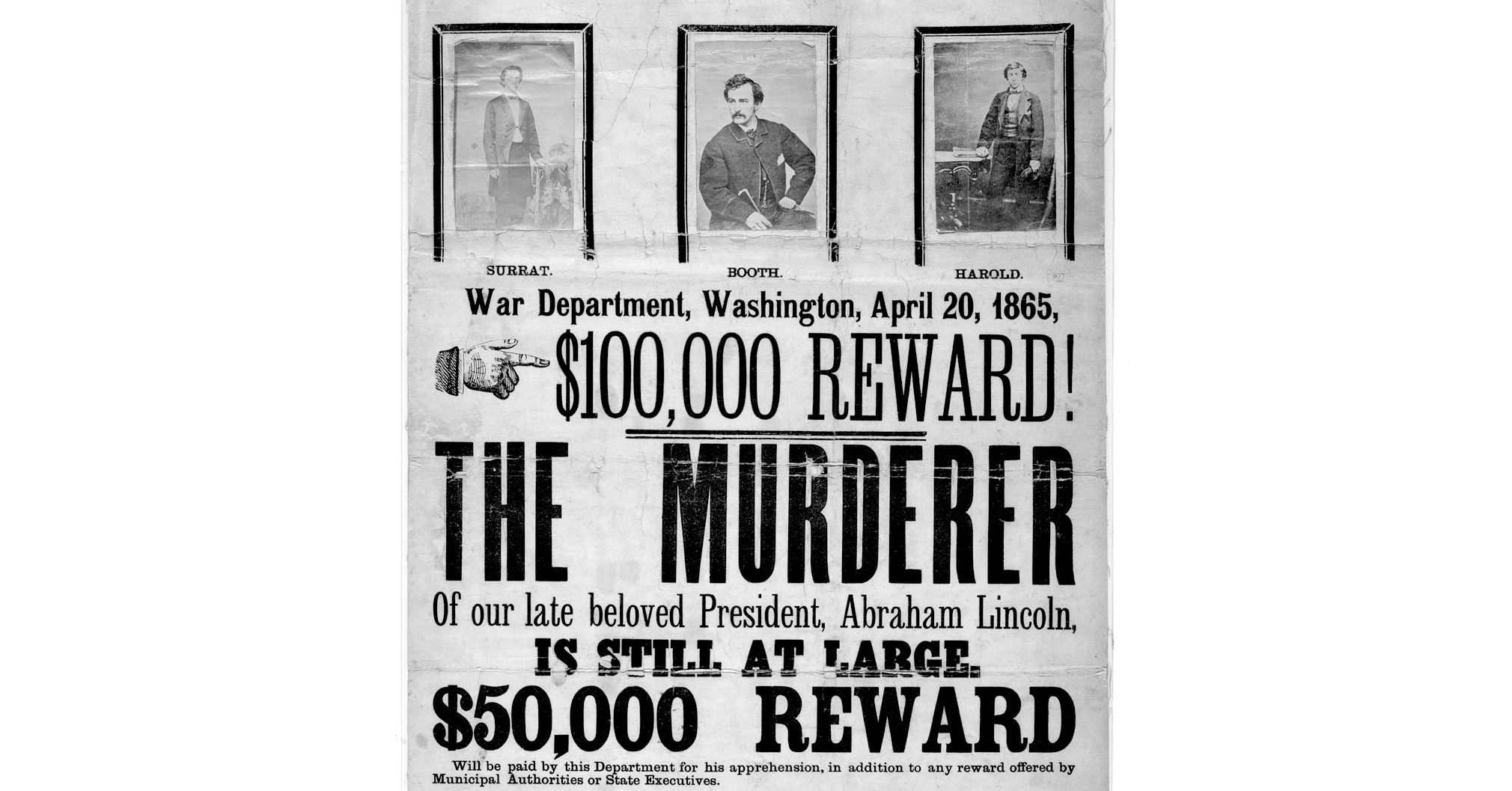
General History Quiz 193
1. Who took over as US President after Abraham Lincoln was assassinated?
Try the full 10 question quiz.
The text of this article is republished from The Conversation in accordance with their republishing policy and is licenced under a Creative Commons — Attribution/No derivatives license.

